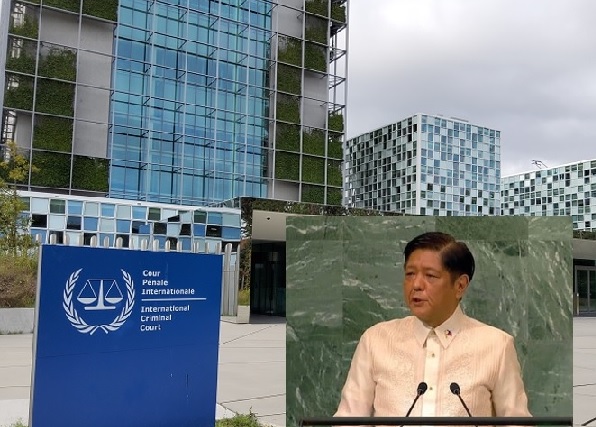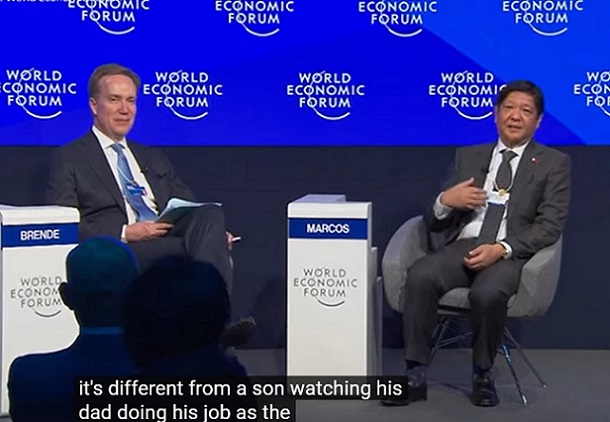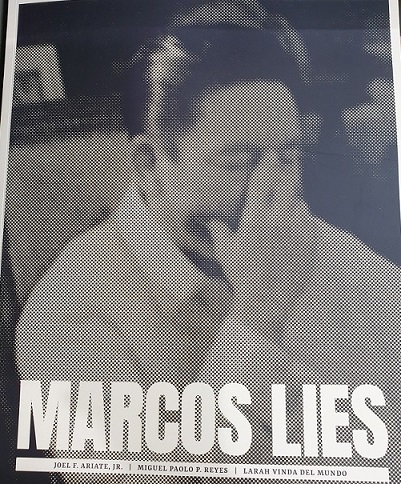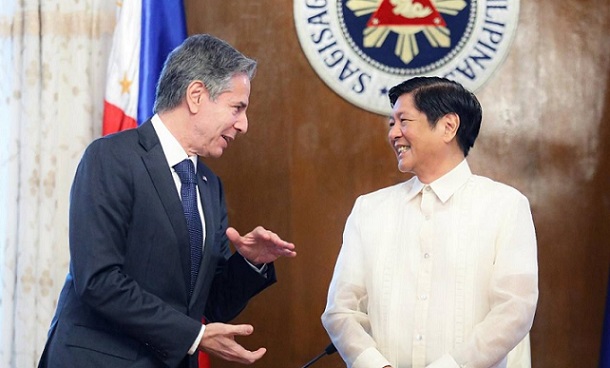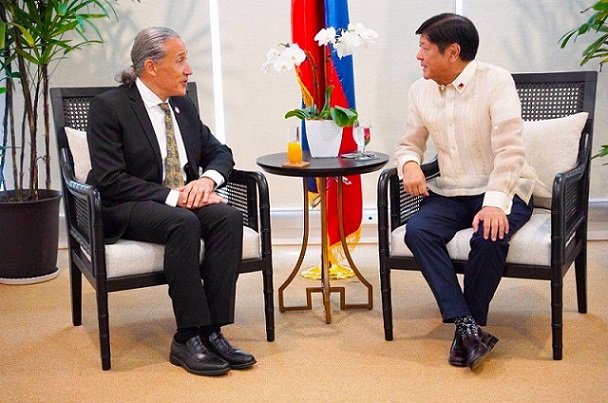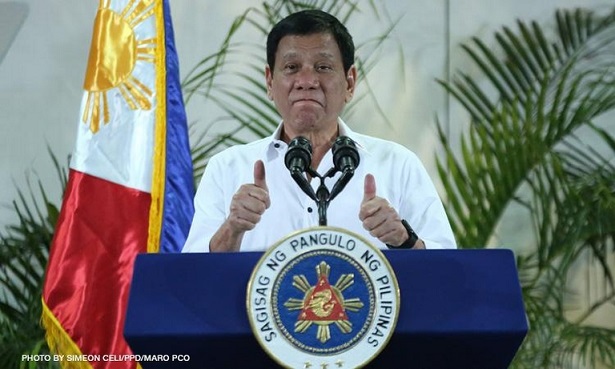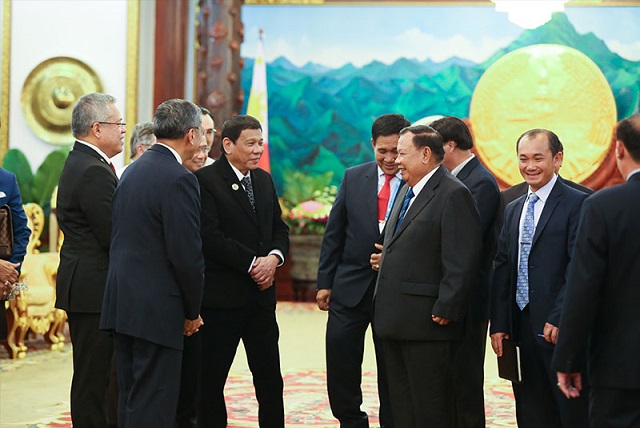If you listen closely to Justice Secretary Jesus Crispin Remulla’s strident reaction to the decision of the International Criminal Court (ICC) to resume the investigation into the killings related to Duterte’s war on drugs, he didn’t completely rule out allowing the ICC to come into the country.
“Definitely I do not welcome this move of theirs and I will not welcome them in the Philippines unless they make it clear that they will respect us in this regard,” he said in a press conference.
He added: “I will not stand for any of these antics that will question our status as a sovereign country. We will not accept that.”
Remulla knows his international law. He knows that a state’s sovereignty – the supreme right of the state to command obedience within its territory – allows it to enter into treaties. We exercised our sovereign right when we signed the Rome Statute, which established the ICC, on Dec. 28, 2000 and ratified it by the Senate on Aug. 30, 2011. Our accession to the treaty took effect on Nov. 1, 2011.
We knew the provisions in the treaty.
The Philippines’ withdrawal from the ICC initiated by former president Rodrigo Duterte took effect on March 17, 2019.
We are sure Remulla is aware of Article 127, paragraph 2 of the Rome Statute which states that a country’s withdrawal “”shall not affect any cooperation with the Court in connection with criminal investigations and proceedings in relation to which the withdrawing State had a duty to cooperate and which were commenced prior to the date on which the withdrawal became effective, nor shall it prejudice in any way the continued consideration of any matter which was already under consideration by the Court prior to the date on which the withdrawal became effective.”
Last Jan. 26, ICC’s Pre-trial Chamber I (Court) granted Prosecutor Karim Ahmad Khan’s request to resume investigation in connection with the charge of crimes against humanity arising from the killings that happened during a specific period in Duterte’s war on drugs.
It is understandable that Remulla would be offended by the ICC’s decision and the reason that was given: it doesn’t believe the Philippine government is “undertaking relevant investigations that would warrant a deferral of the Court’s investigations on the basis of the complementarity principle.”
It means that the ICC believes that the Philippine government is “unable or unwilling” to prosecute those responsible for the killings, the estimate of which varies from the government’s number of 6,000 to the human rights groups’ more than 20,000.
In their insistence that the country’s judicial system is functioning and ICC’s probe is unwelcome, Remulla’s DOJ as well as during the term of Menardo Guevarra (now solicitor general) points to convictions of policemen involved in the 2017 killings of teenagers Kian de los Santos, Carl Arnaiz and Reynaldo de Guzman.
The ICC, however, is not easily impressed by the “deliberate focus of proceedings on low-level or marginal perpetrators.” It wants to make sure that national investigations or prosecutions focused “on those most responsible for the most serious crimes committed.”
The DOJ never investigated Duterte and the chief implementor of his bloody war-on-drugs, now Sen. Ronald Dela Rosa.
It is noted that Remulla added a conditionality in his public statement on not welcoming the ICC investigators: “… unless they make it clear that they will respect us in this regard.”
There is no reason for Remulla to be worried about it. Since the ICC does not have its own police force, it relies on the cooperation of States and international organizations to arrest and surrender the persons they are investigating.
President Ferdinand Marcos Jr. has not said anything about the latest development from the ICC. During the election campaign, he said that he would only allow ICC probers to come in as tourists.
Many things have changed since then. He is now president, made possible by an alliance with Sarah Duterte, the former president’s daughter.
In the seven months of his presidency, he has been working hard in selling the country as a stable and dynamic investment area. He has impressed the international community as a leader far decent from his predecessor.
In his speech at the 77th United Nations General Assembly last year, he declared: “We need to reaffirm the wisdom of the founders of our United Nations. This means transcending our differences and committing to ending war, upholding justice, respecting human rights, and maintaining international peace and security.”
Surely, he won’t undo all those gains by not allowing the ICC to investigate what has been an extremely traumatic experience for tens and thousands of Filipinos.
